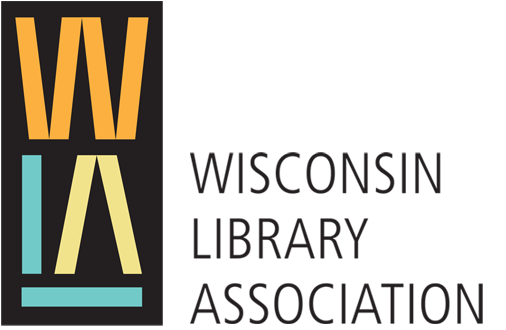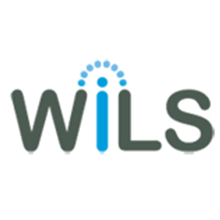SPECIAL INTEREST GROUPS | SIGs
PURPOSE
Special Interest Groups (SIGs) provide a vehicle for WLA members to share ideas, plans, news and opinions related to a particular area of interest without the formal expectations and structure of a traditional association unit.
Through participation in SIGs, members are able to:
- Collect and disseminate information
- Discuss and debate professional experiences and issues
- Facilitate space for specific programs or events
- Share their voice on matters pertaining to special interests that are not currently represented within existing units
- Develop and implement strategies for change at the local and national levels
Members should consider participating in at least one group. Involvement in two groups is the recommended limit in order to gain the most from your experience. The SIGs provide an important basis for ongoing discussions throughout the year. The WLA conferences and live events also provide an opportunity for SIGs to meet on a personal basis. Members of each SIG can contribute to organizing conference related activities such as workshops, presentations, demonstrations and field trips.
| SIG NAME |
DESCRIPTION |
CONTACT |
| Alumni |
Providing connections between and among retirees with a focus on fellowship, service to WLA and “keeping up” with the world of libraries. |
Contact [email protected]
|
| Government Information |
This special interest group will serve members with an interest in collecting, preserving, cataloging, or providing reference for government information. We will suggest and sponsor programs for annual conferences, and will plan and coordinate our own one-day annual conference, Government Information Day. |
Eileen Snyder |
| Intellectual Freedom |
This special interest group will provide an opportunity for members to be involved with intellectual freedom principles and issues through programming and networking and to communicate and coordinate activities with the Intellectual Freedom Committee. |
Sara Gold
Teresa Schmidt
|
| Inclusive Services |
The purpose of the Inclusive Services Special Interest Group (SIG) is to promote inclusion by helping library staff, friends, and trustees recognize and implement inclusive practices. The SIG will accomplish this through organizing and/or sponsoring continuing education opportunities and reflecting and discussing inclusive services within libraries and the profession.
|
|
| Students |
The purpose of the WLA Student SIG is two-fold: 1) to increase communication, collaboration, and exchange between LIS students at each school, and 2) to establish a visible and sustainable presence for students in the Wisconsin Library Association. |
Contact [email protected]
|
| Sustainability |
SIG Description: The WLA Sustainability SIG recognizes the critical leadership role and responsibility the library eco-system plays in co-creating libraries and communities that are environmentally sound, socially equitable, and economically feasible. Through resource sharing, discussion, and presentations that engage professionals throughout all areas of librarianship in individual and collective action, the Sustainability SIG expands the understanding and potential of sustainability practice and its many intersections with equity-based initiatives in Wisconsin library design and operation. The Sustainability SIG supports and further creative, informed, and transformative strategic thinking both locally and systemwide.
|
Contact [email protected]
|
| Urban |
The purpose of the Urban Libraries SIG is to enhance services in libraries in urban areas and identify the unique challenges they encounter. The Urban Libraries SIG strives to identify and devise creative new solutions, provide programs to enlighten the community, support and motivate urban library staff, and build community partnerships, and advocate for support in legislation, grants, and collaboration opportunities. |
Contact [email protected]
|
| WI Genealogy & Local History |
The Wisconsin Genealogy & Local History (WIGLHR, pronounced "Wiggler") is a unit within the Wisconsin Library Association (WLA). WIGLHR was formed to provide networking and educational opportunities for librarians, library staff and archivists in Wisconsin who work with genealogy and local history collections. |
Contact [email protected] |
How to Indicate Interest in a SIG
Your WLA membership profile shows the SIGs for which you have indicated interest. If you want to remove or add a SIG, or if you are a new WLA member, please contact the WLA office or send an email to [email protected] and indicate which SIG(s) you want to add or remove.
How to Start a New SIG
To start a new SIG is easy. The process requires 20 active, interested WLA members and the completion of an application. We recommend that you begin by organizing at least two separate meeting with your group to discuss a. the focus of the SIG, b. frequency of meetings and c. leadership. We also suggest that you check carefully to ensure that you are not replicating an existing SIG. For more information:
The contact person for questions and comments regarding SIGs is:
Kara Sullivan
WLA Executive Director
[email protected]
|





